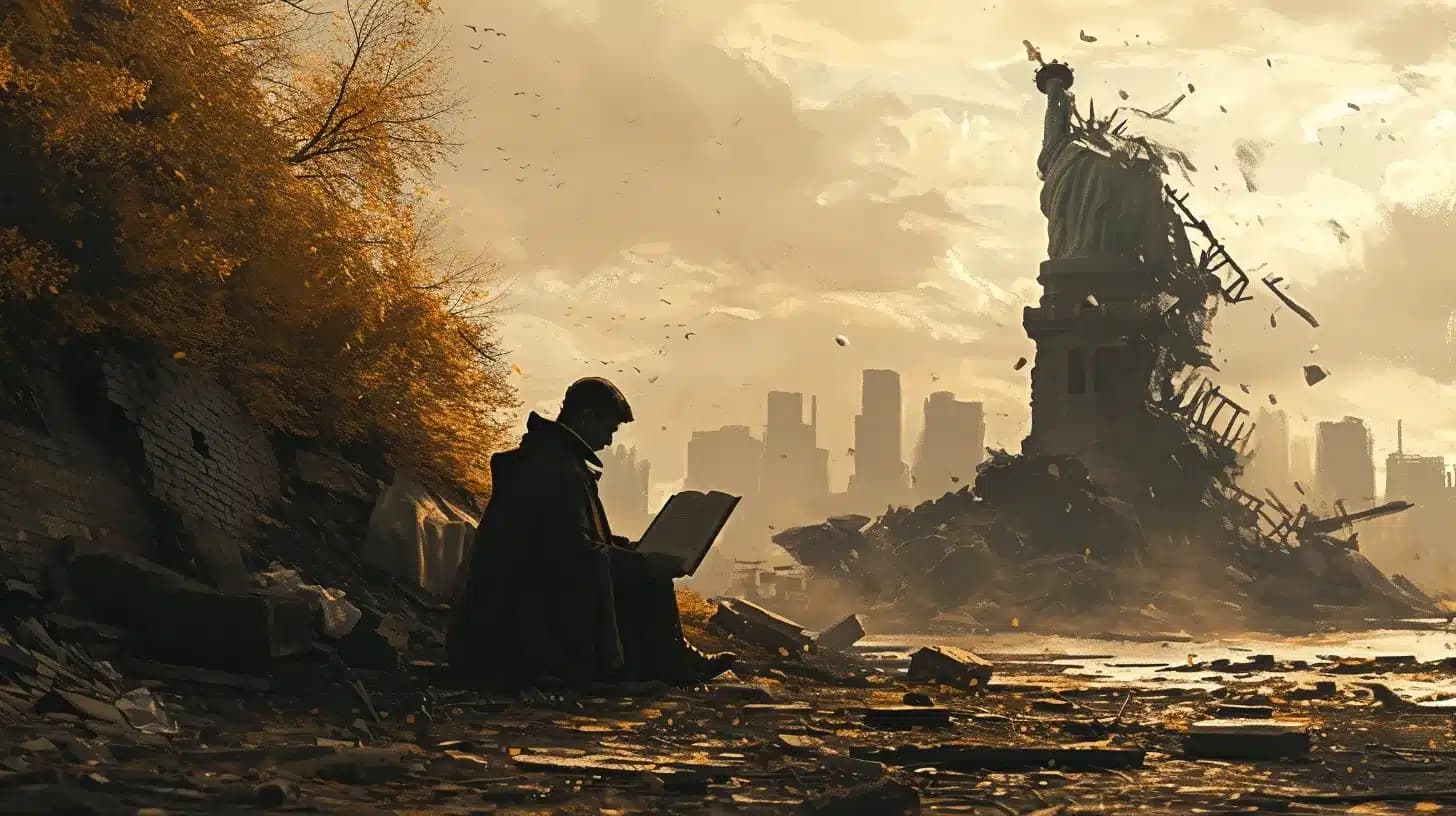
Dystopian Visions: The Must-Read Post-Apocalyptic Books of Our Time
In a world plagued by uncertainty and the ever-looming threat of disaster, post-apocalyptic literature has emerged as a captivating genre that explores the depths of human resilience and the fragility of society. From desolate landscapes to oppressive regimes, these dystopian visions offer a chilling glimpse into what could be our future. In this article, we […]